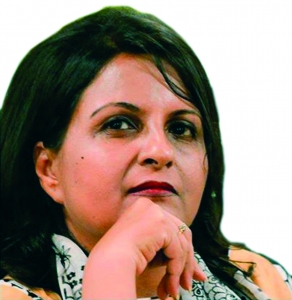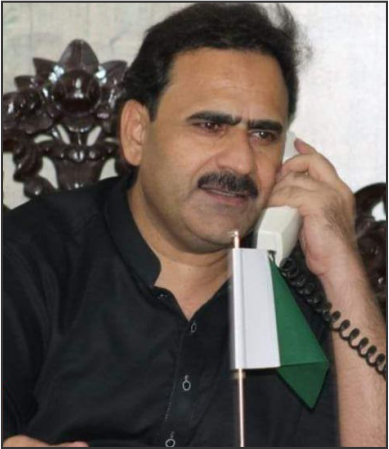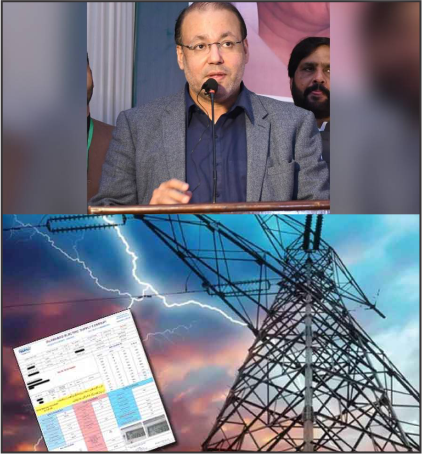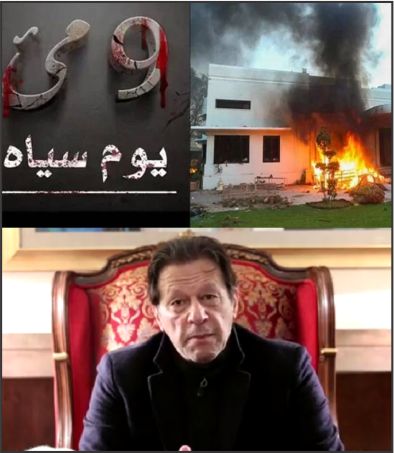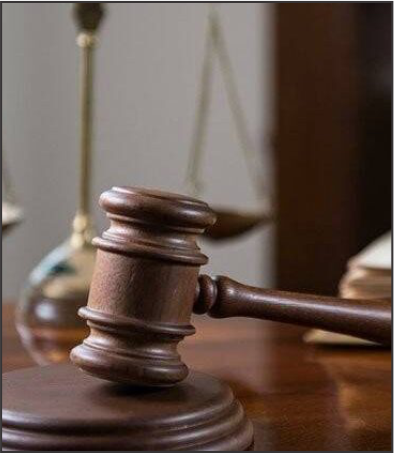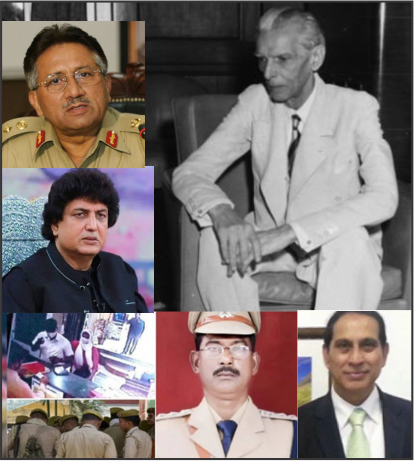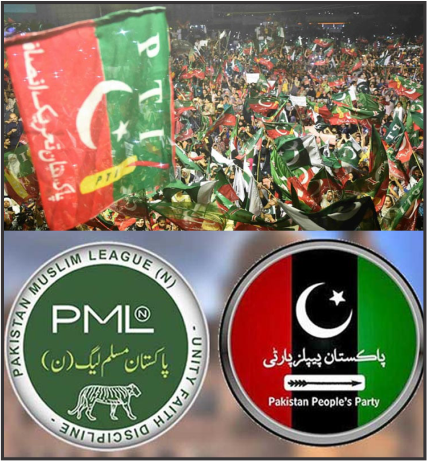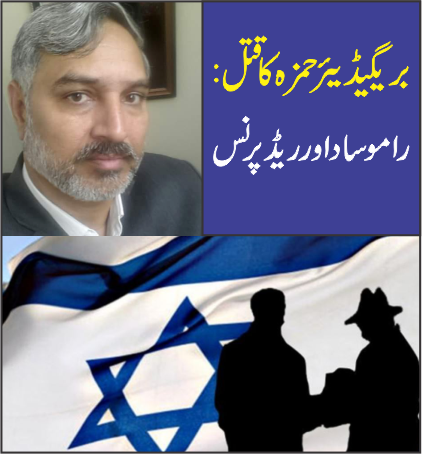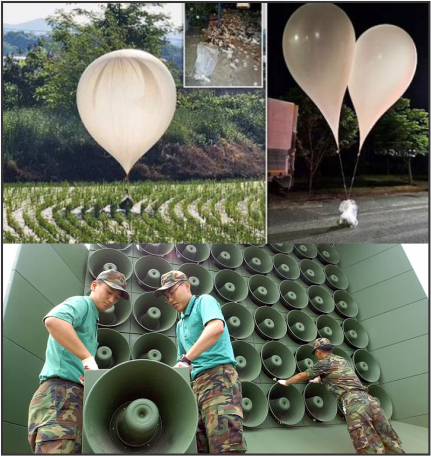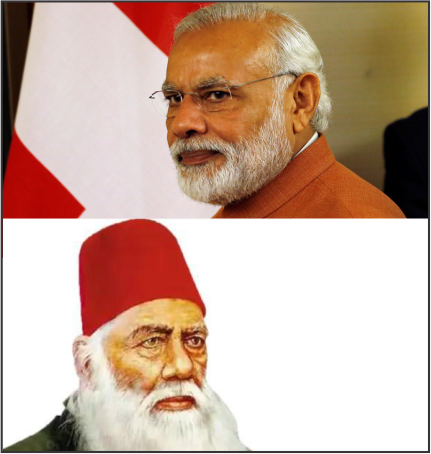Uri Army Base and aftermath
BY Yasmeen Aftab Ali
Kashmir is inflamed since July 8 when Indian security forces killed Burhan Wani, a popular Kashmiri leader. Indian security forces have been on a killing spree since then, killing many, maiming many. Months of curfew has further worsened a bad situation. Indian state refuses to accept the authenticity of the uprising, reverting instead to its age-old rhetoric of passing on the buck to Pakistan. On the unfortunate Uri Army Base attack, India wa
s quick to jump the gun, claiming weapons marks of Pakistani origin. Is it not ludicrous that if attackers were from Pakistan they left absolute evidence of their origin? Who does not know that weapons of all origins are available easily? We may soon learn that the attackers also left behind their marriage certificates, matriculation certificates and copies of CNIC from the place of attack soon- all from Pakistan of course. Many political pundits have also commented on the timing of the attack. Just before UN General Assembly meeting where Pakistan and India met for a face-off on OIK.
Though Pakistan put forward its case most ably in UNGA, India was trapped in the usual hate rhetoric- Pakistan’s response again was couched in undeniable facts. Hameed Kidwai, Special Envoy to the President, Roving Ambassador, permanent representative to UNEP, though appreciative of Pakistan’s stance feels it could have been made stronger, “Though Pakistan representative has argued the case in an excellent manner but in the rebuttal of Indian delegation’s allegations of human rights violation in Baluchistan she was silent. She should have stated that in Baluchistan RAW has been very active and creating law and order situation helping the insurgents in order to destabilize Pakistan. She could have given the example of Kulbhushan Yadav, the RAW agent caught in Pakistan and his confessions. She should have also spoken about the human rights violations committed by Indian Armed forces in Nagaland and other Indian states including latest uprising of Sikh community in India. It is about time that Pakistan should appoint an aggressive and able foreign minister to counter Indian propaganda against Pakistan.”
Of course we must not overlook the fact that discussing Baluchistan would have been like falling in India’s trap. For the world, it is bickering. It would have taken focus away from Kashmir-the international flashpoint.
A lot is being written about PM Nawaz’s speech at UNGA. As a Pakistani, my heart swelled with pride at the speech. ‘We showed ‘em’ was the sentiment. However, a factual assessment shows that the agenda of UNGA was ‘Sustainable development.’ It is defined as”Development that meets the needs of the present without compromising the ability of future generations to meet their own needs.”
-from the World Commission on Environment and Development’s (the Brundtland Commission) report Our Common Future
The speech I felt aimed at domestic audience. It was a potpourri of elements-whereas it should have focused on Kashmir. What was important was Modi’s absence from UNGA. He had attended the last two summits. Also, he never let’s go of an opportunity at international exposure. His absence, though pre-decided, was telling.
After the media hype and saber rattling from both sides- what next? I posed this question to Sunil Kumar, veteran journalist of over 40 years and Editor Daily Chhattisgarh, he responds, “Indian prime minister Narendra Modi is under tremendous pressure from all quarters to do something very aggressive against Pakistan because he had been promising ten Pak-heads for one killed Indian soldier in his election campaign. He had been using the most aggressive language against Manmohan-government on its Pakistan-handling, and all such well-recorded comments are now haunting him. His ideological support base, Hindu rightist RSS is keeping its tolerance with great difficulty because it had been most vocal against Pakistan all along. Modi’s Hindu nationalist voter-constituency is also very disturbed and upset over one attack after another, visibly from Pakistani soil. Taken everything together, Modi is expected of launching nothing short of an attack on Pakistan, may be a surgical air strike to eliminate well-publicized terror-camps. However, apart from this populist expectation, there is a very small liberal and left part of Indian society, which is totally against any military action, and is in favor of more peace-efforts. I personally feel that if such terror attacks would continue to bother Modi beyond a certain limit, he may dump his friendly efforts and may use military, but that may preferably be after 2 years, closer to general elections. A war ensures election-victory in some situations. But as a pleasant surprise to peace-lovers of Indian side of the border, Modi is behaving totally different from his opposition days, and with responsibility of the office of the Prime Minister, he has kept his famous and infamous war-mongering ‘jumla’ on hold. Nevertheless, it is very unpredictable that how long Indian tolerance would continue. Maybe a retaliation of a limited military magnitude with any such terror attacks again.”
Soutik Biswas writing for BBC states, “But the crucial – and more serious – question is whether India has the capability and intelligence to carry out targeted strikes or wage a limited war inside Pakistani territory. Most experts say that successive governments don’t appear to have built these capabilities. There is media chatter on why the air force should carry out surgical air strikes inside Pakistan, but many experts believe it would not be easy as Pakistan has robust air defence systems. There are even doubts whether India has built capabilities for unconventional deterrence. The problem with Mr Modi’s government, according to defence analyst Ajai Shukla, is that it has “escalated the rhetoric [against Pakistan] but has not created military capabilities and planning structure to respond in a more forceful manner [against terror attacks] than the previous government”. (September 20, 2016)
Whether or not India indulges in any adventurism will depend on international support she gets. Two nuclear neighbors facing each other militarily are not likely to win much support. What India can do and is doing is to lay the ground to isolate Pakistan internationally. There is already a bill to be tabled in US Congress by Ted Poe and US Congressman Dana Rohrabacher to designate Pakistan as a ‘state sponsor of terrorism’. This will likely not pass-however; it sends out a message and supports India’s designs. The timing of the proposed bill ties in with UNGA meeting and subsequent response there by the First Secretary Eenam Gambhir from India, “What my country and our other neighbours are facing today is Pakistan’s long-standing policy of sponsoring terrorism, the consequences of which have spread well beyond our region.”
The isolation efforts will not bear fruit overnight as is clear from China recently reiterating support for Pakistan, Iran showing interest to be part of CPEC, Russia going ahead with scheduled first-ever military drills with Pakistan in spite of heightened tensions- yet we need to learn from history and to do our homework well not to lose the support in international community.
So what must Pakistan’s strategy be to counter India besides being militarily vigilant? First to appoint a Foreign Minister, long overdue. Foreign Policy must never be a part time job. There are many able people competent for the post. Off the bat, two suggested names are Senator Sherry Rehman, Tariq Azizuddin (former Ambassador to Afghanistan).
Second, re-constitution of National Security Council. The National Security Council’s benefits will directly relate with the acumen and capability of its members. The goals must be clearly defined, both long term and short term.
The media hype needs to be distinguished from ground realities. Saber rattling is saber rattling. We must approach this issue craftily-not emotionally. Fire fighting tactics are important but cannot substitute foreign policy strategy. Both have their own respective place.
Endnote: Pakistan gains nothing for the ill-timed attack. Only diverted focus from OIK before UNGA meeting. Proper investigation needed before raising finges.
The writer is a lawyer, academic and political analyst. She has authored a book, ‘A Comparative Analysis of Media and Media Laws in Pakistan.’ She may be contacted at yasmeenali62@gmail.com and tweets at @yasmeen_9





